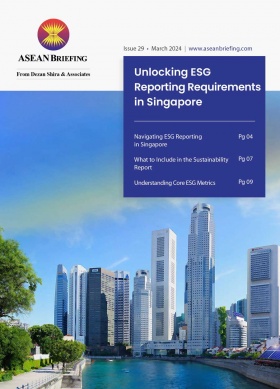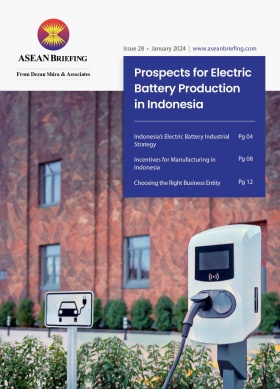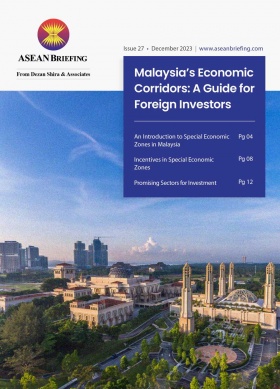Thailand Bolsters EV Support Scheme to Drive Adoption and Foster Battery Innovation
On February 21, 2024, Thailand’s National Electric Vehicle Policy Committee (EV Board) approved new measures to support the uptake of electric buses (e-buses) and electric trucks (e-trucks), along with the establishment of battery bases. The measures are part of an effort to make Thailand a regional electric vehicle (EV) hub and help the country reach its carbon neutrality goals.
In addition to the e-truck and e-bus incentives, the EV Board approved the expansion of the EV3.5 scheme, which aims to support the production of EVs by offering a subsidy of up to 100,000 baht (US$2,722) per car from 2024 to 2027. This scheme focuses on electric passenger cars, motorcycles, and pickup trucks.
Incentives for purchasing e-trucks and e-buses
The new measures will allow companies or juristic partnerships to deduct expenses for e-bus and e-truck purchases from their payable corporate income tax (CIT) without a price ceiling, thus reducing their CIT burden. Moreover, purchases of domestically produced vehicles can be deducted at two times the price, while imported vehicles can be deducted at 1.5 times the price.
According to the Thailand Board of Investment (BOI), eligible vehicles will include e-trucks “for commercial uses such as container trucks, liquid trucks, hazardous substance trucks, special trucks, tow trucks”, as well as air-conditioned and non-air-conditioned e-buses.The new measures will be effective until the end of 2025.
According to the EV Board, the new incentives for e-trucks and e-buses are expected to accelerate the transition from fossil fuel vehicles to EVs by at least 10,000 vehicles.
Expansion of the EV 3.5 scheme
During the meeting, the EV Board also approved improvements to the second phase of the EV 3.5 scheme (the first phase ended at the end of 2023). Under the EV3.5 scheme will now be expanded to cover EVs with up to 10 seats and electric motorcycles with batteries smaller than 3 kWh but with a range of over 75 kilometers per charge.
These measures aim to meet the needs of entrepreneurs better. According to the EV Board, the government’s promotion of the EV industry has significantly boosted Thailand’s EV market, with over 76,000 EVs registered in 2023, a 6.5-fold increase from the previous year.
Moreover, as of the end of 2023, the BOI has promoted 103 projects in the EV industry with a total investment of 77.19 billion baht (US$2.1 billion), including 18 EV projects, nine electric motorcycle projects, 39 EV battery and ESS projects, and 14 electric charging station projects.
Incentives to establish EV manufacturing bases
In addition to providing incentives to boost the uptake of commercial EVs, the EV Board
also approved measures to promote investment in battery cell production and energy storage systems (ESS) “by providing financial support via the country’s Competitiveness Enhancement Fund”. The support scheme may also provide further benefits to eligible companies under Thailand’s Competitiveness Enhancement Act. These measures aim to attract more leading battery manufacturers with advanced technology to invest in Thailand.
Under these measures, investors can apply for benefits and financial support from the BOI’s Competitive Enhancement Fund. The initial criteria for investors to apply are as follows:
- The investor must be a leading battery manufacturer used by EV manufacturers;
- The investor must have a plan to produce battery cells for EVs and ESS;
- The battery cells must have an energy density of at least 150 Wh/kg; and
- The battery must have a minimum life cycle of 1,000 cycles.
Project investment proposals must be submitted by the end of 2027.
About Us
ASEAN Briefing is produced by Dezan Shira & Associates. The firm assists foreign investors throughout Asia and maintains offices throughout ASEAN, including in Singapore, Hanoi, Ho Chi Minh City, and Da Nang in Vietnam, in addition to Jakarta, in Indonesia. We also have partner firms in Malaysia, the Philippines, and Thailand as well as our practices in China and India. Please contact us at asean@dezshira.com or visit our website at www.dezshira.com.








